
Author Mads Timmermann
Mads has 15+ years of experience as a skin expert and has written/read this article.
🔥 New Updated 2025 Guide: 🔥
👉 Get the Clean Skin Guide now
Tired of acne and breakouts that never go away? 🤔
Learn how to fight your acne effectively and quickly.
🌟 390,067 others have already received the guide.
Body acne can be a frustrating and persistent skin issue that affects many people. It is not limited to the face and can appear on various parts of the body such as the chest, back, and shoulders. Understanding the causes of body acne and discovering effective ways to prevent and treat it can significantly improve one's skin health and overall confidence.
Just like facial acne, body acne is primarily caused by the clogging of hair follicles due to excess sebum (oil) production, dead skin cells, and bacteria. Factors such as hormonal changes, genetics, and certain medications can also contribute to its development. There is an array of treatments available, ranging from over-the-counter products to prescription medications, that can help to combat body acne and prevent future breakouts.
Key Takeaways
- Body acne affects various body parts and has multiple causes
- Hormonal changes, genetics, and medications can contribute to its development
- Various treatments, including OTC products and prescriptions, are available to combat body acne and prevent future breakouts
Understanding Body Acne
Anatomy of the Skin
Our skin is the largest organ in our body and is composed of several layers with different functions. The outermost layer, known as the epidermis, provides a protective barrier against external factors. The dermis is the layer below, containing blood vessels, nerves, hair follicles, and sweat and oil glands. These glands produce sebum, a natural oil that helps maintain the skin's moisture balance.
How Acne Forms
Acne occurs when excess oil, dead skin cells, and bacteria clog hair follicles, leading to inflammation. Normally, sebum flows from the sebaceous glands to the skin's surface, protecting the skin and keeping it hydrated. However, several factors can cause an overproduction of sebum, such as hormonal fluctuations and genetic predisposition.
When the hair follicles become clogged with sebum and dead skin cells, bacteria known as Propionibacterium acnes can proliferate, leading to the formation of various types of acne lesions, such as blackheads, whiteheads, pimples, and cysts.
Different Types of Acne
There are several types of acne, including:
- Blackheads: Open comedones formed when excess sebum and dead skin cells accumulate in the hair follicle, causing a darkened surface due to oxidation.
- Whiteheads: Closed comedones in which dead skin cells and sebum form a white-tipped plug that clogs a hair follicle's opening.
- Papules: Small, red, and inflamed bumps without pus often occurring in clusters.
- Pustules: Inflamed acne lesions that contain pus and can appear as white or yellow bumps with a red base.
- Nodules: Firm, large, and painful blemishes that develop deep beneath the skin's surface as a result of severe inflammation.
- Cystic acne: The most severe and painful form of acne, consisting of deep, pus-filled cysts that can cause lasting damage to the skin.
Understanding the different types of acne and their underlying causes can help us better manage and treat body acne. By targeting the specific factors contributing to it, such as hormones, genetics, or bacteria, we can effectively reduce inflammation and prevent future breakouts.
Causes of Body Acne
Hormonal Changes
One of the common causes of body acne is hormonal changes in our body. Hormones called androgens can increase the production of sebum, a natural oil produced by our skin. When this oil mixes with dead skin cells, it can clog our pores and promote the growth of bacteria, leading to acne. Hormonal fluctuations are particularly common during puberty, menstruation, and pregnancy, which can make acne more prevalent during these times (source).
Bacteria
Bacteria can also play a role in the development of body acne. Propionibacterium acnes (P. acnes), is a bacterium that lives on our skin, and when trapped in clogged pores, it can multiply and cause inflammation (source). Being diligent in our personal hygiene, showering regularly, and using antibacterial body washes can help combat bacteria on our skin.
Diet
What we eat can also influence the development of body acne. High glycemic foods, such as sugary snacks, white bread, and pasta, can trigger a spike in blood sugar. This may lead to increased insulin levels, which in turn can boost the production of skin oils, contributing to acne (source). Incorporating a balanced diet rich in fruits, vegetables, and lean proteins can help maintain healthy skin.
Stress
Stress can also contribute to body acne. When we're stressed, our body releases hormones like cortisol, which can increase sebum production and create an environment suitable for acne breakouts (source). Practicing stress management techniques, such as mindfulness, breathing exercises, and regular physical activity, can help keep our stress levels in check and positively impact our skin's health.
In summary, understanding the causes of body acne can help guide us in finding appropriate ways to prevent and treat it. By focusing on maintaining hormonal balance, good hygiene, a balanced diet, and efficient stress management, we can improve our skin's overall health.
Preventing Body Acne
Skincare Routine
One of the most important ways to prevent body acne is by maintaining a good skincare routine. We recommend using a gentle cleanser to wash your body twice daily, focusing on acne-prone areas. It's essential to exfoliate regularly to remove dead skin cells and unclog pores. Make sure you avoid scrubbing excessively as that can cause irritation. Consider investing in a good skincare kit, like the Danish Skin Care kit, specifically designed for acne-prone skin. Remember to moisturize, as hydrated skin is better equipped to combat acne.
- Use a gentle cleanser
- Exfoliate regularly
- Do not scrub excessively
- Moisturize your skin
Dietary Changes
Making healthier dietary changes can also help in preventing body acne. Avoid high-glycemic foods (like white bread and pastries), as they can cause a spike in insulin levels, leading to increased oil production and acne. Instead, consume more low-glycemic foods, such as whole grains, fruits, and vegetables. Drinking enough water is essential to flush out toxins and maintain overall skin health. Also, consider reducing your dairy intake, as some studies suggest a possible link between dairy consumption and acne.
- Avoid high-glycemic foods
- Consume more low-glycemic foods
- Drink enough water
- Reduce dairy intake
Stress Management
Lastly, effective stress management plays a crucial role in preventing body acne since stress can lead to hormonal imbalances that worsen acne. Incorporate stress-reducing activities into your daily routine, such as yoga, meditation, and regular exercise. Ensure you get enough sleep (7-9 hours for most adults), as inadequate sleep contributes to increased stress levels. Make it a goal to strike a healthy work-life balance and engage in hobbies that bring you joy.
- Practice yoga or meditation
- Exercise regularly
- Get 7-9 hours of sleep
- Find a good work-life balance
By focusing on establishing a proper skincare routine, making dietary changes, and managing stress, we can effectively prevent body acne and maintain clear, healthy skin. Be sure to take this skin test to personalize your skincare routine for your specific needs and ensure optimal results.
Treating Body Acne
Body acne can be a distressing condition, but it can be effectively managed and treated. In this section, we will discuss various treatment options for body acne, including topical treatments, oral medications, and lifestyle changes.
Topical Treatments
Topical treatments are medications that you apply directly to your skin. They are effective at targeting acne-causing bacteria, reducing inflammation, and unclogging pores. Some popular topical treatments include:
- Benzoyl peroxide: This over-the-counter (OTC) medication kills acne-causing bacteria and helps reduce inflammation. It's available in various strengths and can be used on the face and body for acne treatment.
- Salicylic acid: This is another OTC medication that works by exfoliating the skin and unclogging pores. It's especially helpful for reducing acne caused by skin buildup.
- Retinoids: These are vitamin A derivatives that can be prescribed by a dermatologist or found in some OTC products. They help to unclog pores and prevent new acne from forming.
Always consult with a dermatologist to determine the best topical treatment for your specific type of body acne.
Oral Medications
In some cases, your dermatologist may recommend oral medications to treat your body acne. These can help control the underlying causes of acne and are often used in combination with topical treatments. Examples of oral medications include:
- Antibiotics: These medications can help reduce acne-causing bacteria and inflammation. They are often prescribed for moderate to severe acne.
- Hormonal treatments: For women, hormonal treatments like birth control pills or anti-androgens can help balance hormone levels and improve acne symptoms.
Before starting any oral medication for body acne, consult your dermatologist to discuss potential side effects and determine the best course of treatment.
Lifestyle Changes
In addition to medical treatments, there are some lifestyle changes that can help improve your skin and prevent body acne. These include:
- Shower regularly: Cleanse your skin with a gentle body wash, especially after sweating or exercising, to remove bacteria, sweat, and oil.
- Wear loose-fitting, breathable clothing: This can prevent friction and irritation, which can cause or worsen acne.
- Maintain a healthy diet: Consuming a balanced diet rich in fruits, vegetables, and lean proteins can help support overall skin health.
- Reduce stress: Stress can exacerbate acne by increasing inflammation and altering hormone levels. Practice stress reduction techniques such as meditation, exercise, and proper sleep.
By implementing these treatments and lifestyle changes, we can effectively manage body acne and work towards clearer, healthier skin.
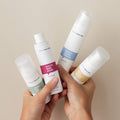
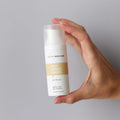
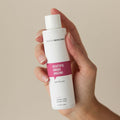
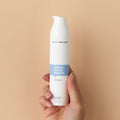
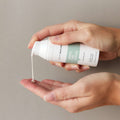
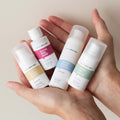
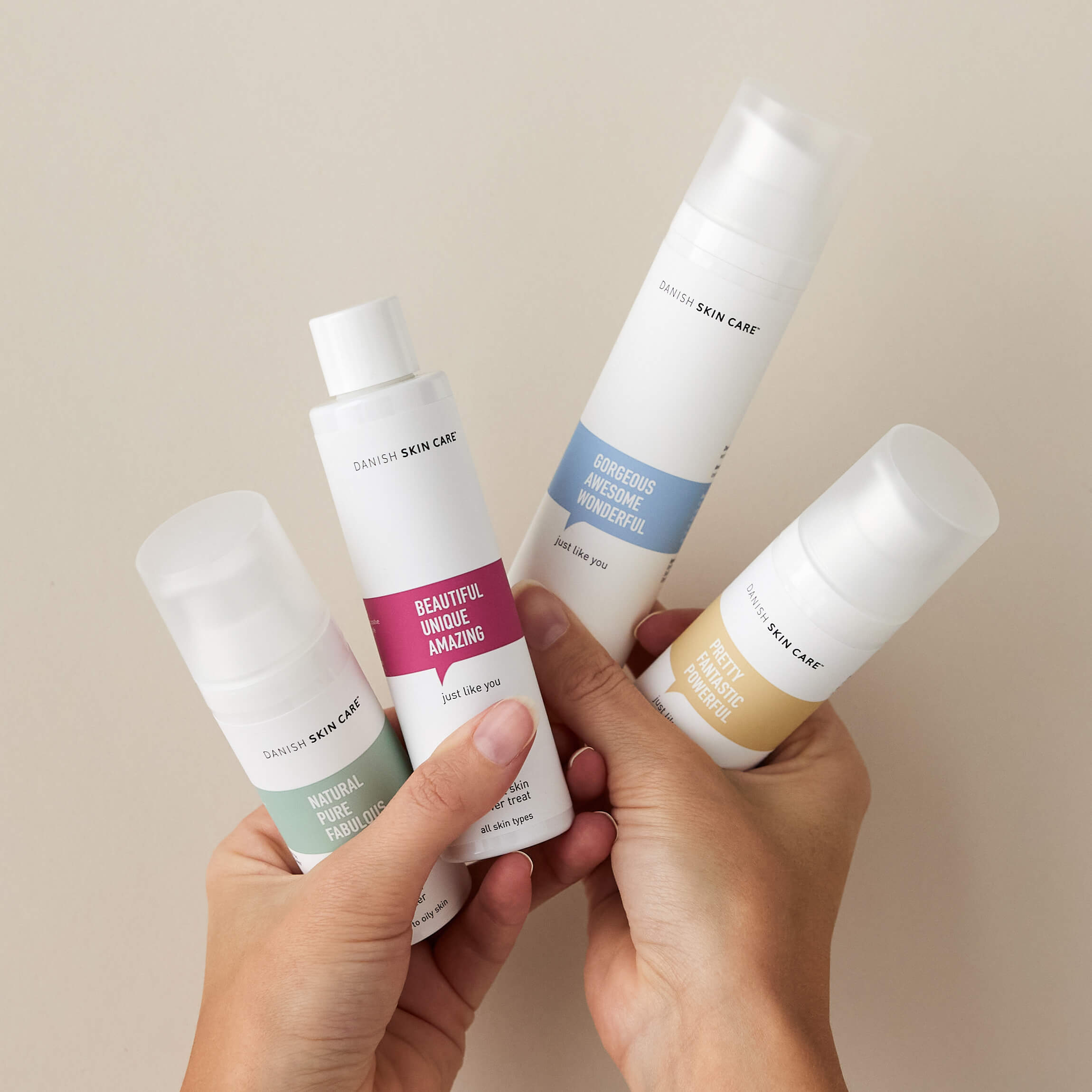
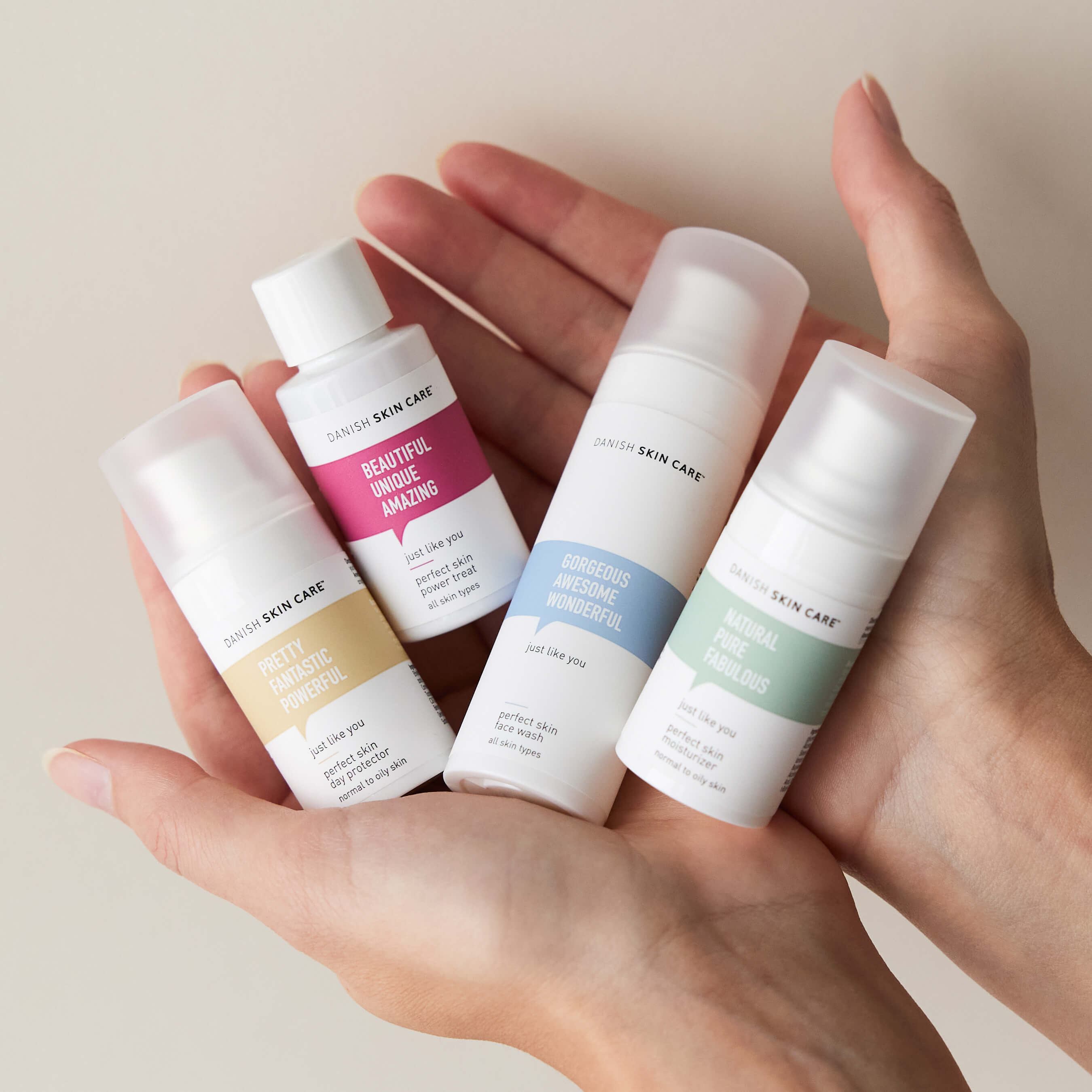
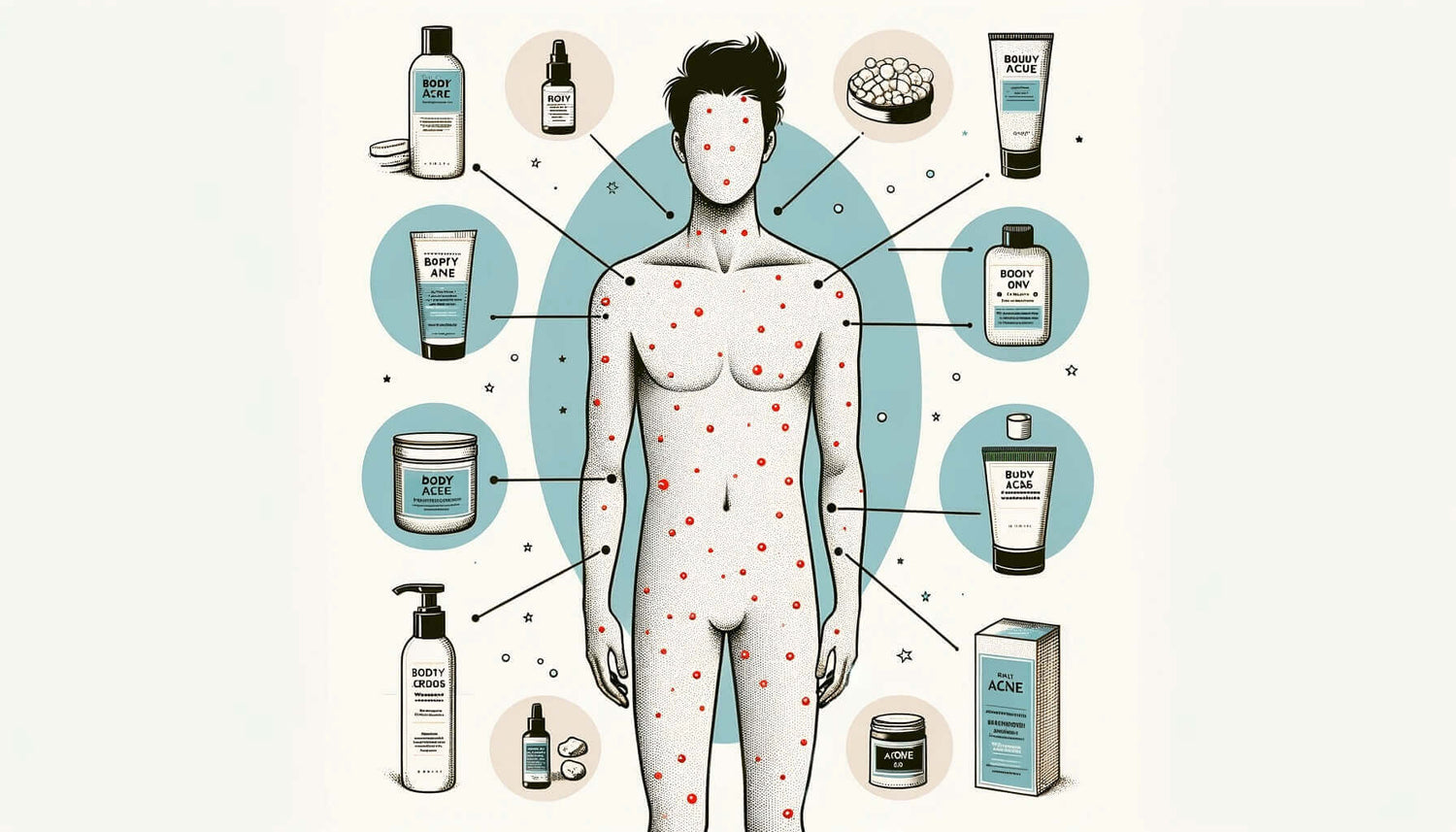
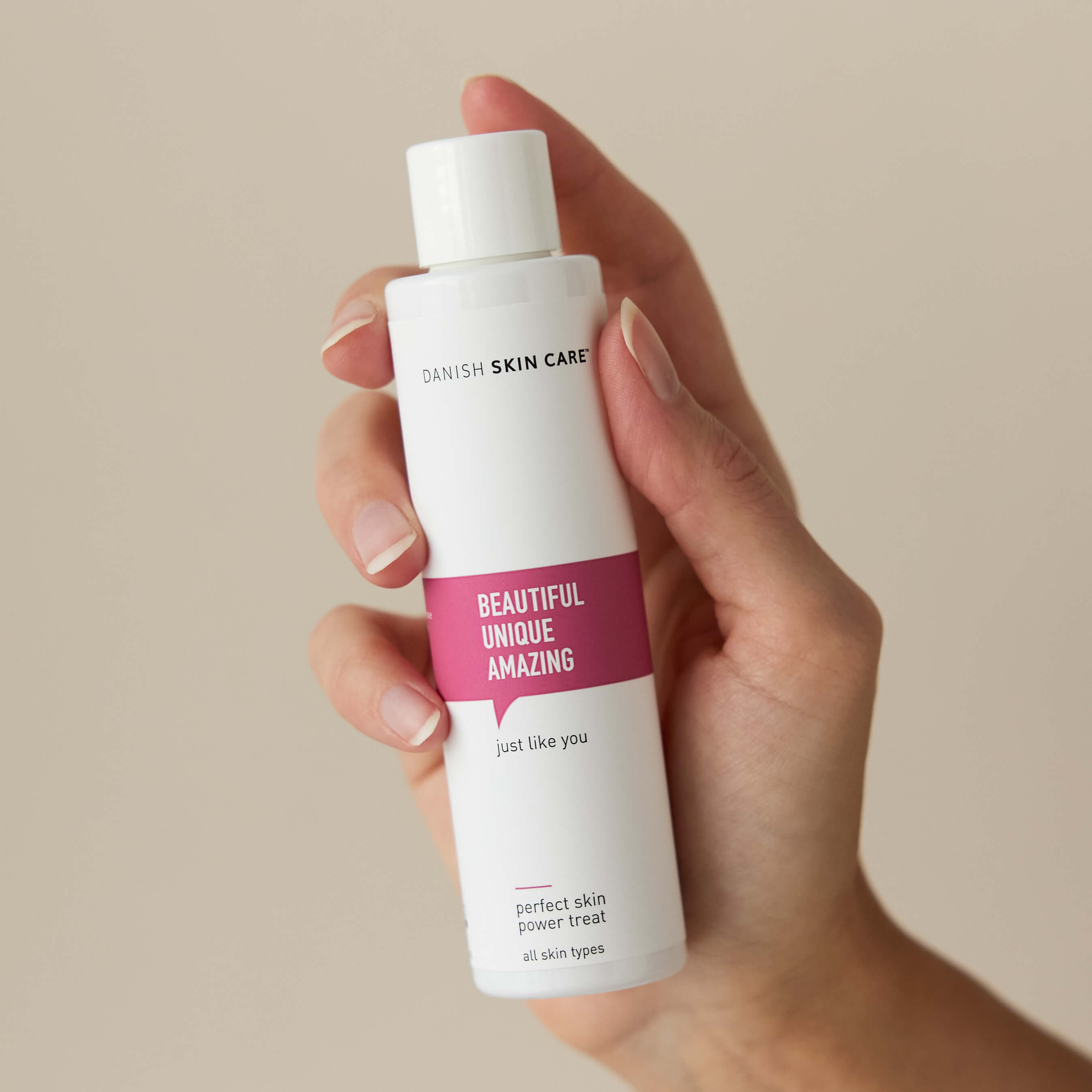
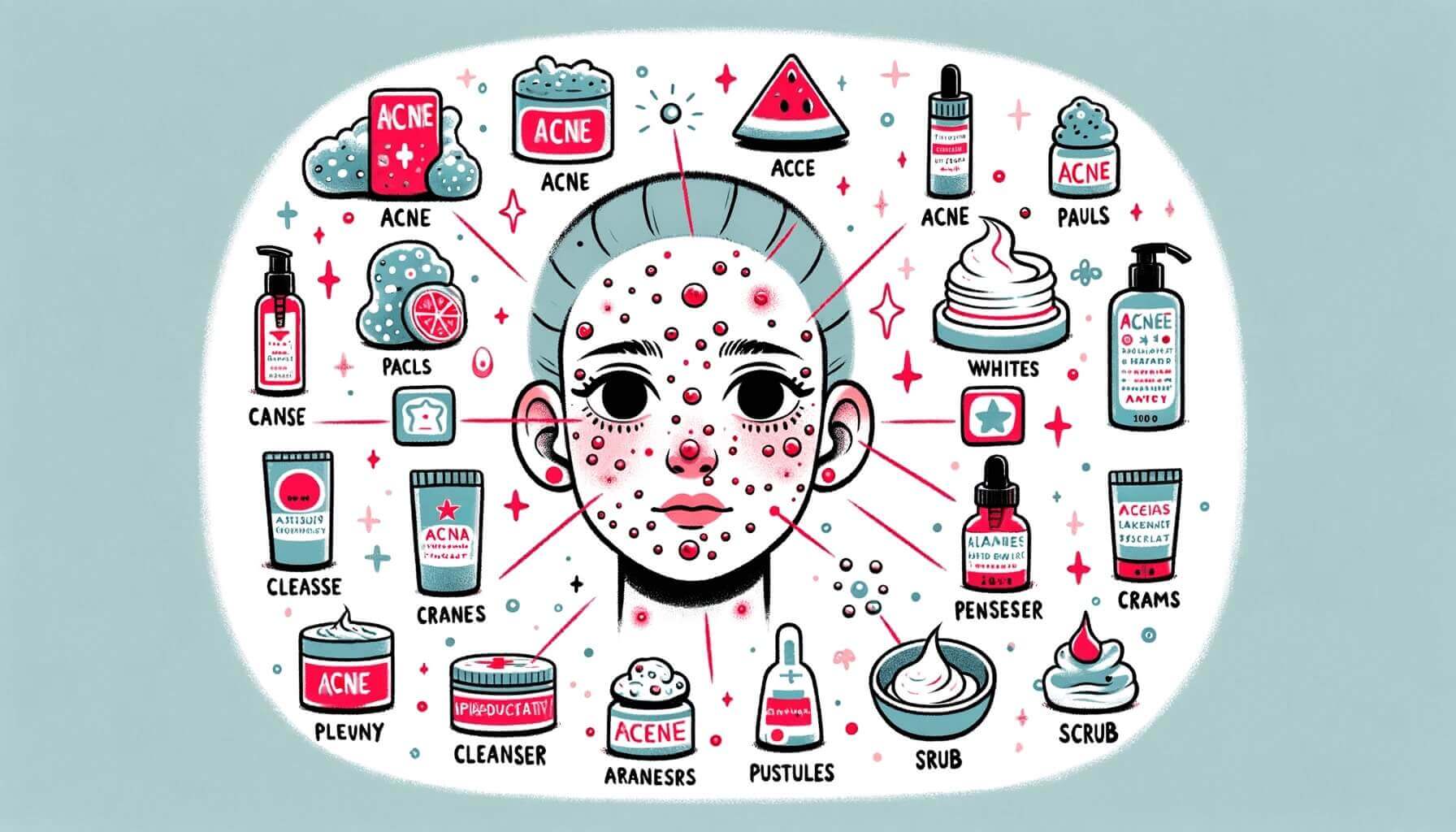
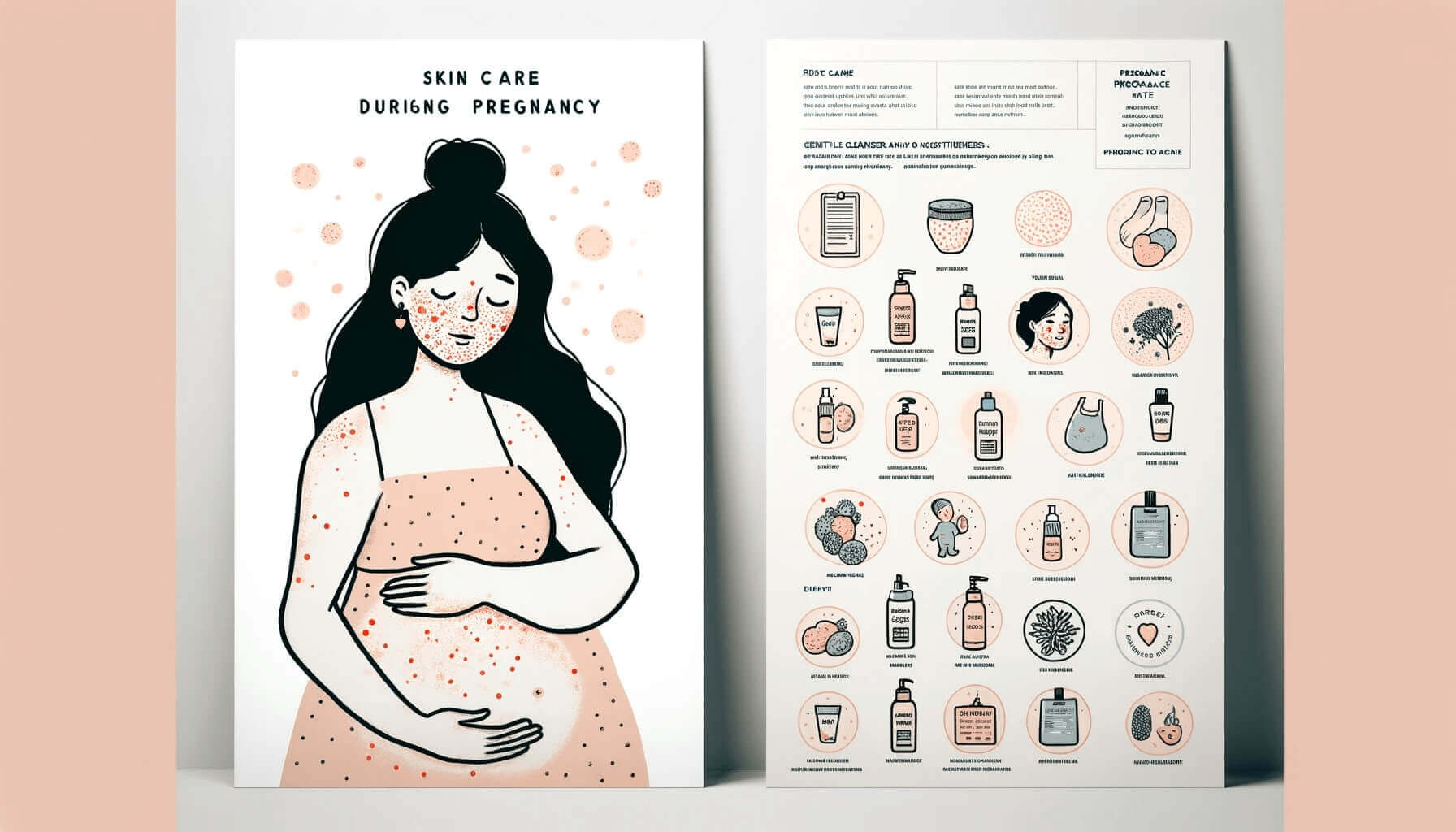
Leave a comment